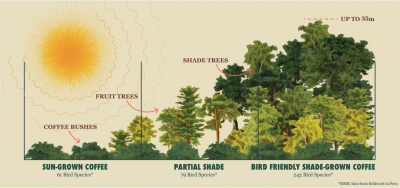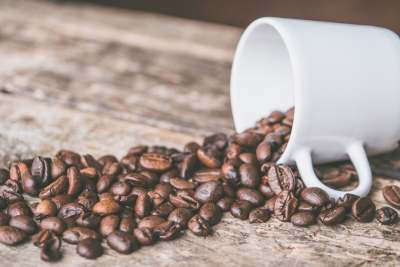Find sustainable and ethical coffee
Coffee is edging close to ending the era of the UK being a nation of tea drinkers.
And there is growing interest in finding out about sustainable and ethical coffee brands, with issues such as where and how is it grown, who grew it, and how was it sourced being important.
This guide contains many of the major brands found on shop shelves and online stores, alongside a selection of sustainably branded speciality brands. We rate 30 brands, including big names in the coffee industry like Nestle' with its Nespresso pods, along with coffee shops who sell their own coffee, like Costa, Starbucks and Cafe Nero. Plus small and often very ethical brands like Cafedirect, Grumpy Mule, Revolver World and Source Climate Change coffee.
There are far too many speciality coffee companies in the UK to cover in a single guide, but we hope that you can apply the guidance here to your favourite niche brands.
The guide covers instant, ground coffee and beans, pods and coffee bags.
Inequality in the coffee industry
Coffee is an incredibly valuable export product for developing countries but local producers receive a bitter deal – particularly the smallholders who grow 96% of the world's coffee. Producers often receive less than 10% of the total value in the supply chain, with some estimates suggesting farmers earn only 1% of a cup of coffee’s retail price.
Almost all of the world’s beans come from equatorial countries in the so-called “Coffee Belt”, and many of those countries rely on development aid.
The structural power inequalities are clear. Large multinational corporations – roasters, traders, and retailers – exercise disproportionate market power, setting prices and terms of trade that disadvantage small-scale farmers.
This model means that coffee’s profits barely filter through to local growing communities.
But fortunately, there are many brands that are challenging this exploitative model. This guide will separate the ethical beans from the chaff, highlighting the brands that give producers a better deal and those that continue to hoard profits.







